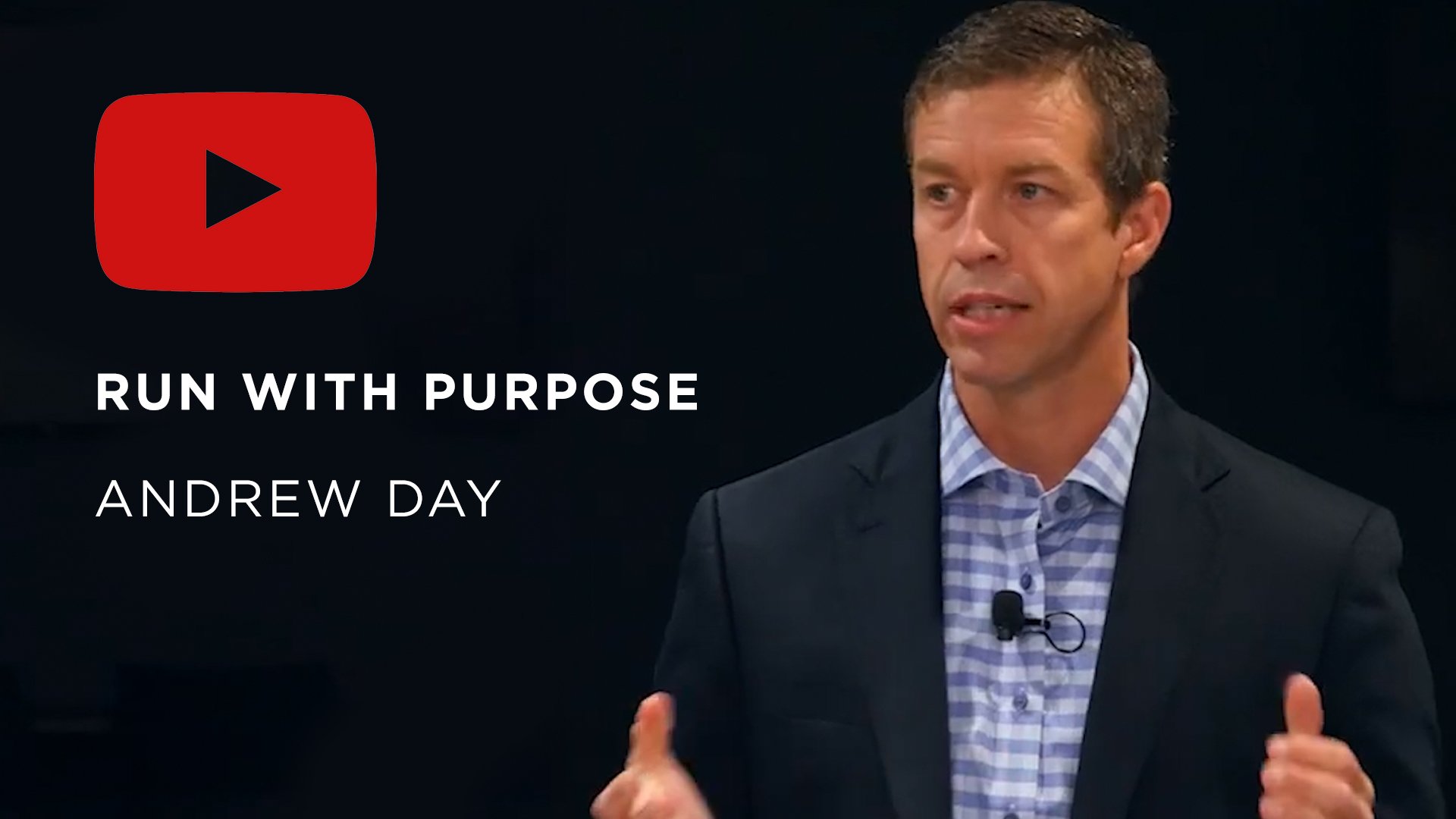
We aren’t teaching boys what it means to be a man. They lack not only the knowledge of manhood, but any concept of the responsibilities of a man. In short, males do not know how to live and act as men.
Every leader has an equal amount of one resource—time. How we plan and spend our hours and days can lead us to success or failure. Do you have a strategy for managing your time?
The key facet of leadership development—that is, investing in others for the purpose of seeing them exhibit excellence through their own lives and leadership—is “baked in” to New Testament teaching.
What is a healthy view of money and profit? Can we desire financial success, and still serve God with full devotion? It’s really a question of where our treasure—and heart—lies.
There are aspects of the Father that go above our heads. Though we can’t possibly know all the ways of God, we can know, in a broad sense, how God’s ways are higher our ways.
One of the greatest investments you can make as a leader will not be found in a stock selection, or emerging technologies, or foreign markets. A leader’s most powerful commodity is his relationships with people.
Once a person surrenders their life to Christ, faith and leadership cannot be separated. It is “baked in”. The difference in Christian leadership is that faith takes point for the leader.
Fulfillment is the happiness or satisfaction that comes from developing one’s own abilities or character. A leader who knows his talents and skills are being put to good use and that he is growing personally and professionally has the mindset that he is stewarding his life well.
An alarming trend is younger workers checking out. Whether from burnout, mental health issues, boredom or self-isolation, more and more workers and leaders and disengaging. What does the Bible say about it?
Most workers can easily define what they do on a daily basis. Much harder is to determine why they are doing it, beyond the obvious facet of earning money.
Most people carry a load of baggage through life. Past mistakes, relationships, decisions, circumstances weigh us down. Here’s how to let go.
Your leadership can not only benefit from prayer, but you can use prayer as a tool to develop others.
We overlook the promises God makes with prayer. God says that He hears our prayers. God says that He answers and acts based on our prayers. Prayer indeed is a powerful and personal tool for a faith-centered leader.
Do you know why you do what you do? Only around 25% of Americans adults cite having a clear sense of what makes their lives meaningful.
When you give and receive encouragement, it helps to put these things into perspective, to manage disappointment, and to celebrate accomplishment when it does come. Encouragement strengthens an individual emotionally.
Finding, hiring, choosing and developing leaders is a key facet of leadership itself. A true leader is tasked with replicating himself in others. Where do great leaders come from?
There’s an interesting story in Genesis 11 that speaks directly to leadership, pride, and ego. It’s a warning to all of mankind of the dangers of ambition.
Whether you view your work as simply a way to provide for your household or a means to live out your passions, is really up to you. In the Bible we see both types of people and we read instruction that endorses both directions in life and work.
Engaging people in productive conversation is a daily facet of leadership. But most conversations aren’t productive. We spend an average of 7.8 hours a day working, but only an average of 34 minutes communicating.
“Be yourself,” we often hear as advice from distinctive individuals who are themselves. What does it mean to be yourself, and how does this make you a person not only of genuine personality, but of real and lasting impact?
Today’s leader is bombarded by philosophies for life and work that are in direct opposition to the teachings of the Bible. You may think Jesus said some of these pieces of modern “wisdom,” but He never did.
Throughout the Bible we see God using the work of man to provide for man as well as to complete those things which God Himself ordains to be done
The happiest people are those who have learned how to move from gathering for themselves to giving for the greater good.

























Many leaders who have a relationship with God want to experience the blessings of God. We ask God for blessings. We pray about it and we earnestly seek God’s best.